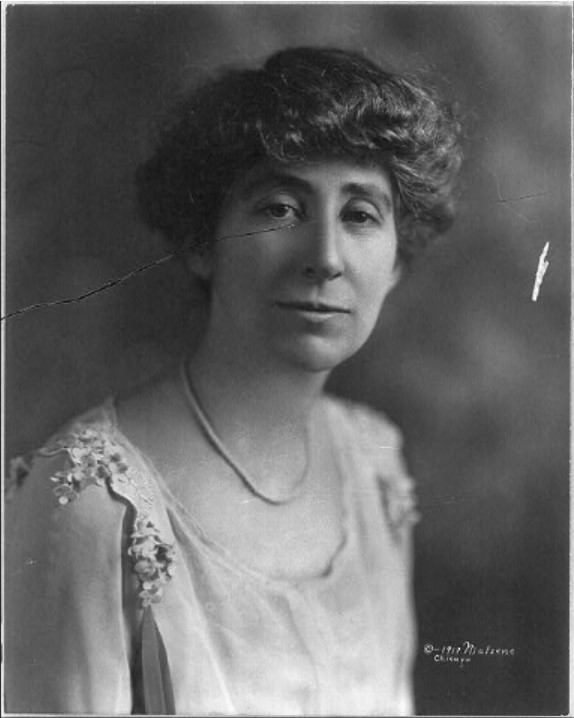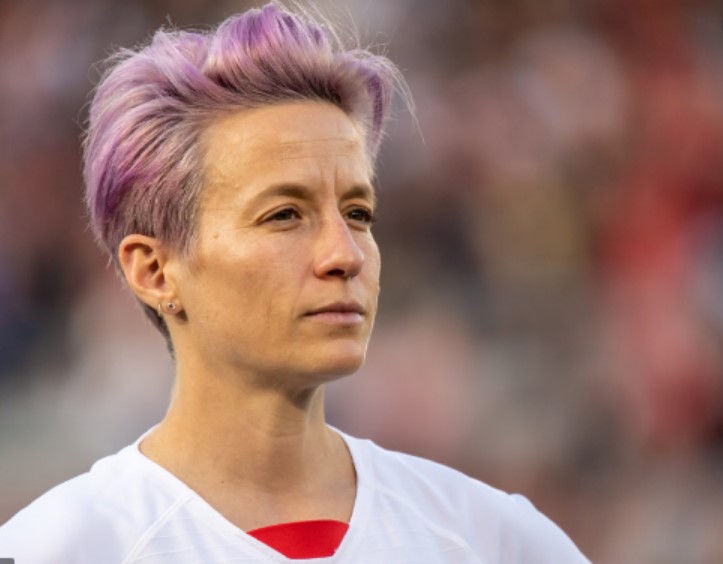In 1973, Congress officially made August 26th “Women’s Equality Day,” to commemorate the anniversary of the 1920 passing of the 19th amendment to the U.S. Constitution. From the moment the amendment was passed, governments on the state and federal level were prohibited from denying a citizen the right to vote on the basis of sex. This verdict came fifty years after the 15th amendment was passed that guaranteed the right to vote to non-white men and freed male slaves. We are now just a year away from the centennial milestone marking the inclusion of women in the electoral process. How far have we come in the last 99 years to ensure equality for women? In this modern society can we say that women are any closer to being viewed as equals to their male counterparts?
Almost 100 years ago, the idea of a woman running for President would be preposterous. We now have 6 female presidential candidates running in the 2020 election. Today, there are 102 women serving in the House of Representatives, bringing the total percentage of female representation to 23.4%. Nancy Pelosi is the 52nd Speaker of the House; she is the only female thus far to hold this position. Only 56 women have ever served in the history of the Senate. This number primarily constitutes the 115th Congress, where 25 women currently serve. Only four women have ever served on the Supreme Court. Their names are worth mentioning here: Sandra Day O’Connor, Sonia Sotomayor, Elena Kagan, and Ruth Bader Ginsberg, a justice who particularly used her power to fight laws that discriminated on the basis of sex. There certainly have been huge strides in female representation in government since the passing of the 19th amendment, but equality for the sexes is an on-going fight still waged by the modern woman.
Today the fight is not the plight to have our voices heard, but to receive equal compensation for equal work. This Women’s Equality Day, while we honor the culmination of women who peacefully lead massive civil rights movements dating back to the first women’s rights convention in 1848, we should also honor ourselves- the women who continue to use their voices to fight for nondiscrimination, equal rights, and equal opportunities. Over the course of the last 99 years, many women come to mind in leading the way towards a more equitable society. Below is a small tribute to but a few of these fearless females who safeguarded our rights and created a society where women are encouraged to freely participate.
The Spark

The 19th amendment is widely known as the “Susan B. Anthony amendment” after Anthony introduced the amendment to Congress during the trial following her arrest for attempting to vote in an 1872 election. Anthony is easily the most recognizable figure of the women’s rights movement. With Elizabeth Stanton, Susan B. Anthony created the American Woman Suffrage Association when the 15th amendment was passed that is famous for its strong stance that no man should be allowed to vote until women and men of all races could vote as well.
The First of Many

Jeannette Rankin was the first woman to ever hold a position in a federal office. In 1916, Rankin was elected to the House of Representatives as a Republican representative from Montana. “I may be the first woman member of Congress, but I won’t be the last,” said Rankin in her inaugural address. As one of the few suffragists to be elected to office, Jeannette Rankin paved the way for women to be more involved in civic engagement.
The Advocate

Dolores Huerta is a Mexican-American activist and founder of The United Farm Workers of America. Huerta was awarded the Eleanor Roosevelt Award for Human Rights for her tireless efforts fighting for the rights of women, workers, and immigrants. She is a prominent figure in the LatinX community, and is most recognized for coining the protest chant “Sí se puede!” It means, “Yes we can!”
The Space Pioneer

Sally Ride was the first woman to be selected to fly into space in 1983. For Ride, it was especially important that she be judged for her merit, not her gender, as one of the 35 astronauts selected to join the Challenger space mission. “It should be important to all women that the bar be set as high as it is for men,” said Ride. In 2001, the Sally Ride Science Foundation was created to remove the stigma surrounding women in STEM fields with the goal of inspiring young girls to pursue science, technology, engineering, and math learning and literacy.
The Captain

In current news, Megan Rapinoe and the U.S. Women’s National Soccer Team have made headlines after suing the USSF, on International Women’s Day no less, for compensating women players less than men. “If they want to have a serious conversation and are willing to not only talk about paying us equally and valuing us in that way but actually doing it and showing us they’ll do it, our ears are always open,” said Rapinoe on Good Morning America. The trial date for this lawsuit has finally been set for May 5, 2020. The results will have huge implications for gender wage inequalities across sport professions.
By: Rachel Ladeby

